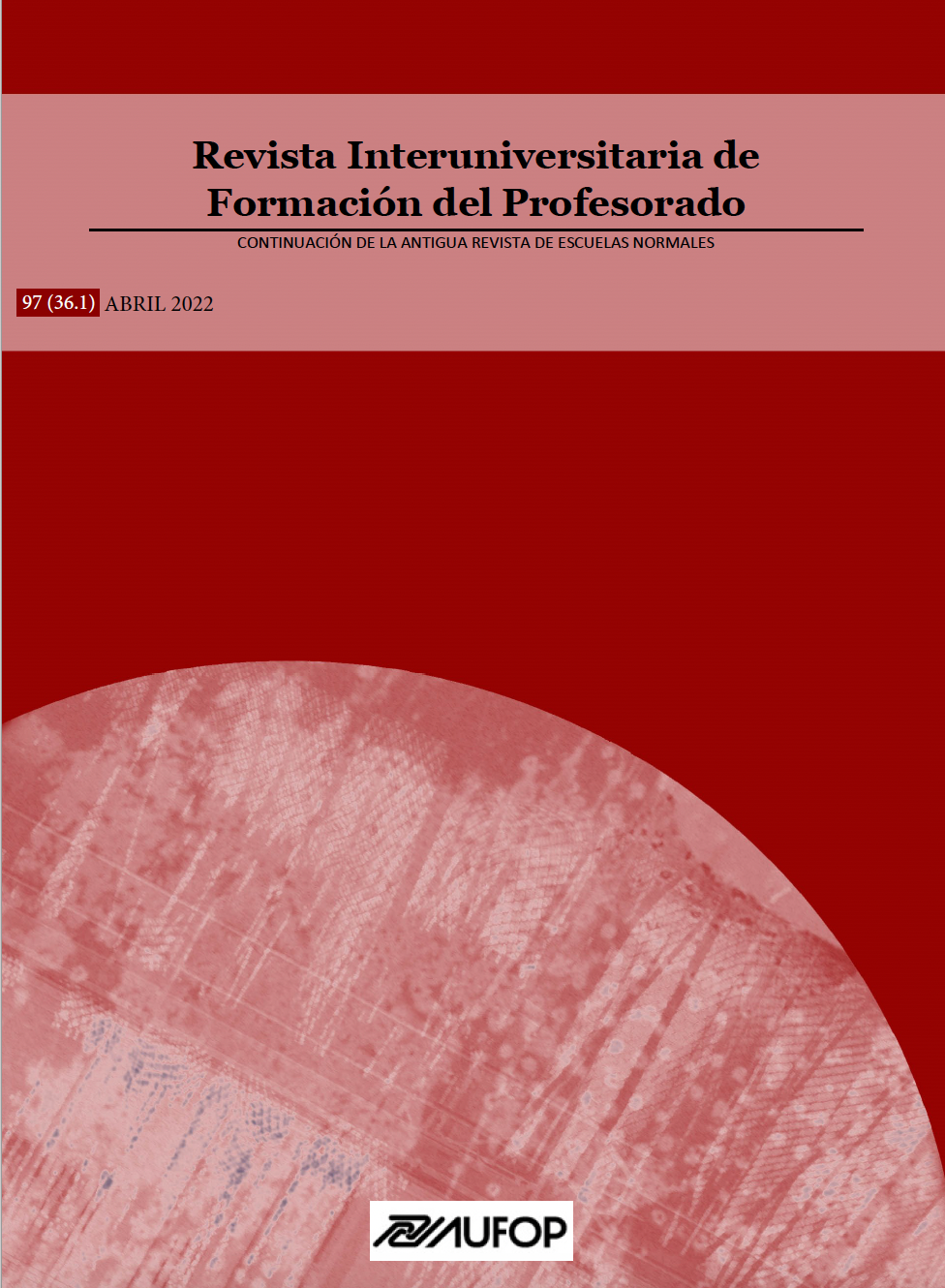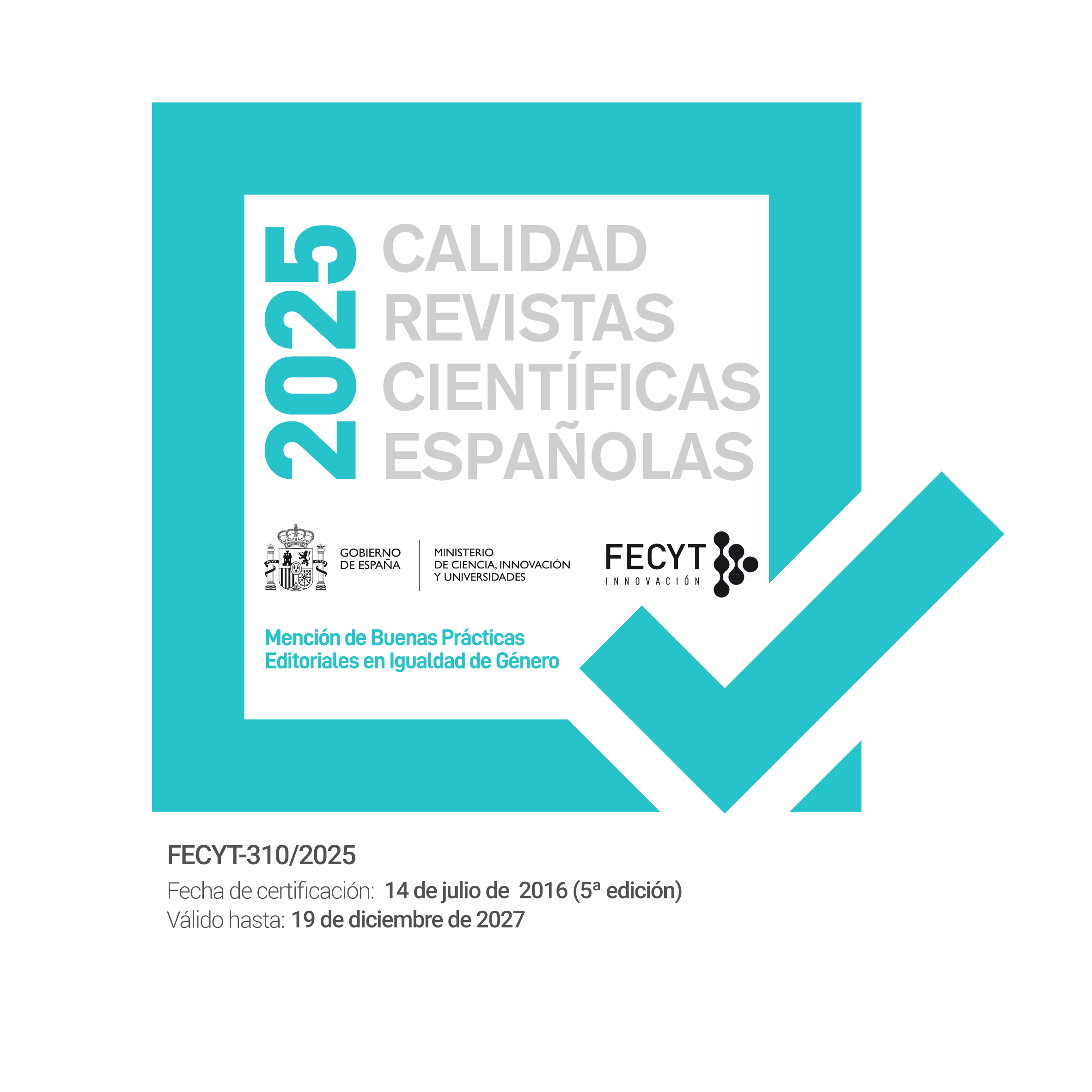ICT and functional diversity. Knowledge of teachers in the Canary Islands
DOI:
https://doi.org/10.47553/rifop.v97i36.1.90314Abstract
Background: the migration from face-to-face to distance learning in education due to the pandemic caused by Covid-19 has led to the transformation of learning scenarios. Objective: to analyse the level of digital competence of teachers in the Canary Islands with regard to the application of ICT to cater for diversity according to the educational stage, ownership and type of educational centre. Method: a descriptive cross-sectional study was designed with a sample of 678 teachers. The questionnaire used is called Diagnosis and teacher training for the incorporation of ICT in pupils with functional diversity. Results and conclusions: I) primary and infant school teachers II) those who work in a private centre and, III) those who work in an Enclave Classroom obtain higher scores in ICT for attending to diversity. These results are of interest for the educational context as they serve to identify the current level and design improvement proposals to favour the teaching-learning process and achieve quality education for all pupils, regardless of the educational stage, ownership and type of educational centre. Personalised training pathways or SMOOCs (Social Massive Open Online Courses) can be of great help for teacher training and, therefore, higher academic achievement of the student.
Downloads
Published
How to Cite
Issue
Section
License
The "Revista Interuniversitaria de Formación del Profesorado (RIFOP)", with ISSN print 0213-8646 and ISSN electronic 2530-3791), adheres to the copyright notices proposed by Creative Commons
Authors’ rights
Papers published in the journal are subject to the following terms:
1. The Asociación Universitaria de Formación del Profesorado (AUFOP) is the editor of the RIFOP and holds the copyright of the papers published therein. The reuse of these is allowed under the license for use as indicated under point 2.
© Asociación Universitaria de Formación del Profesorado (AUFOP)
2. The papers are published in electronic version under the license CreativeCommons Reconocimiento-NoComercial-SinObraDerivada 3.0 España (texto legal). Papers can be copied, used, disseminated, transmitted and publicly exhibited provided that: i) the authorship and original publication source are cited (journal, editors and URL of the paper); ii) they are nit used for commercial gain; iii) the existence and specifications of the license for use are mentioned.
3. Auto-archiving conditions. Authors are allowed and encouraged to disseminate electronic pre-print versions (versions prior to peer review) and/or post-print (versions reviwed and accepted for publication) of their papers prior to their publication, since this favors prompt circulation and dissemination and supposes a possible increase in cites and scope within the academic community.
Privacy declaration
The names and email addresses incorporated into this journal will be used solely for the declared purposes of the journal and will not be available for any other purposes or to third parties.






